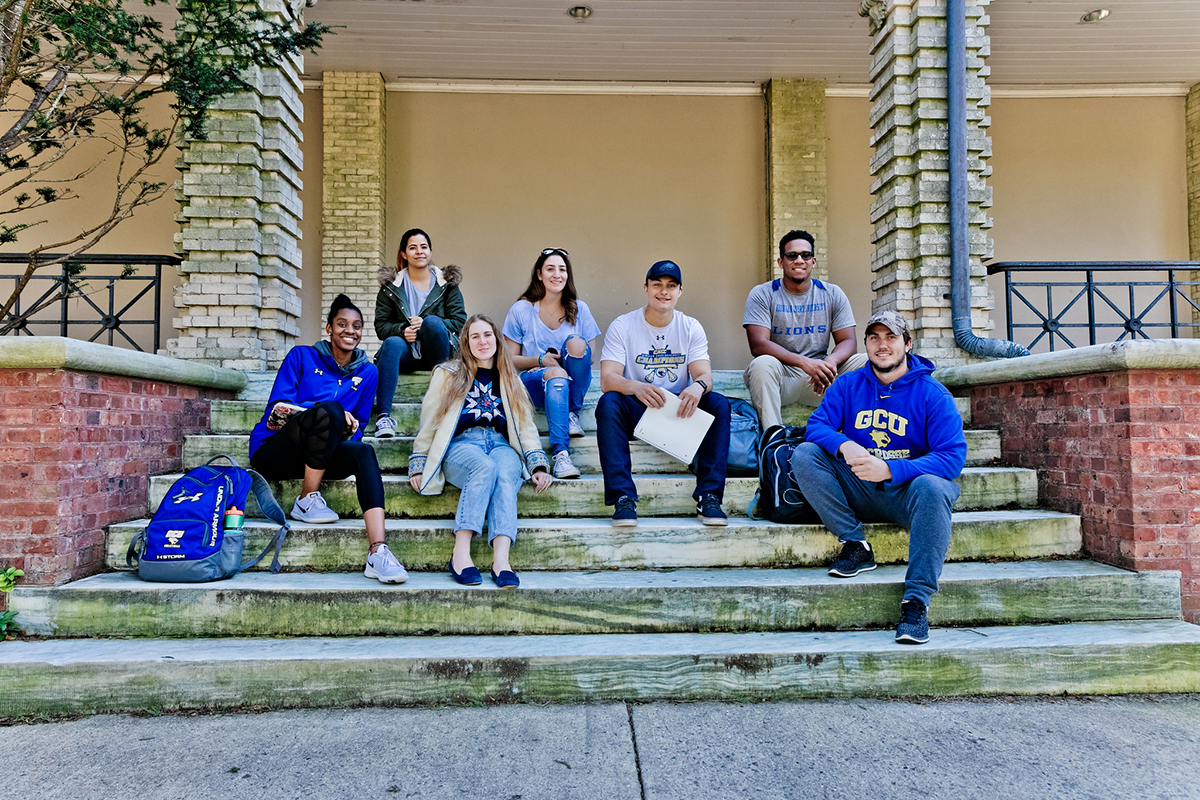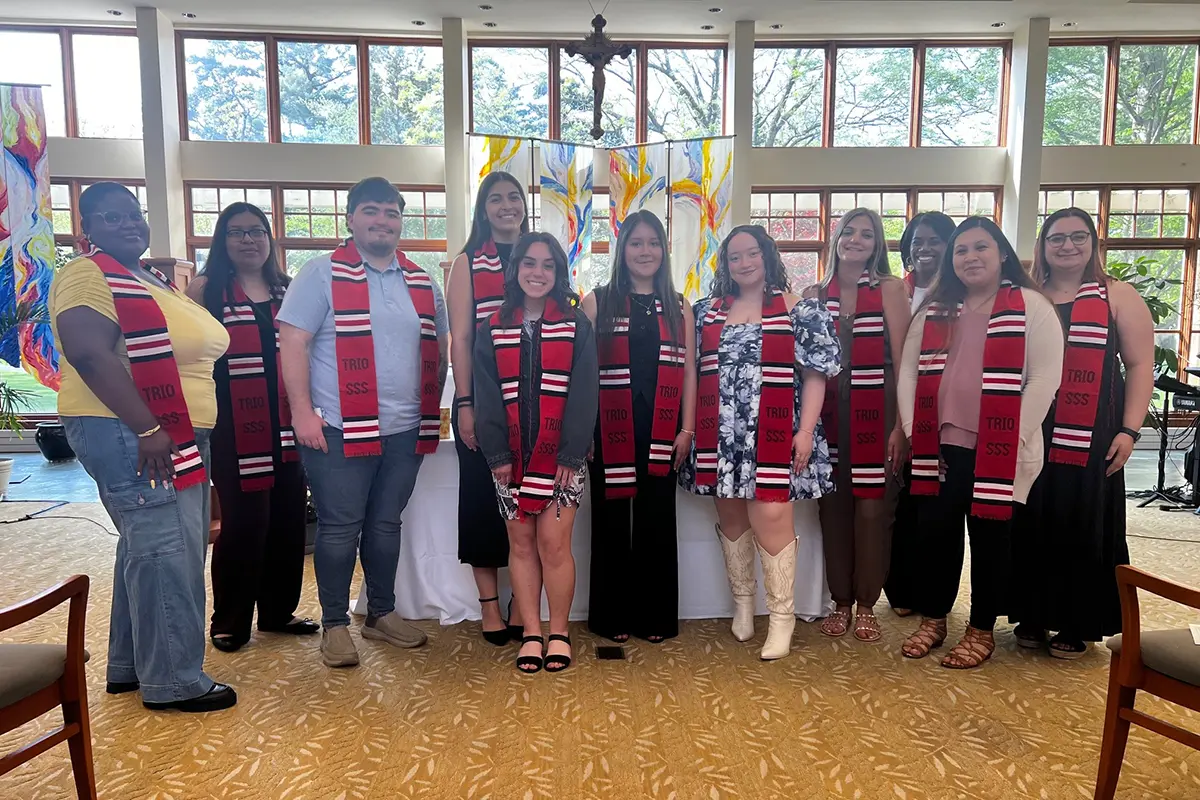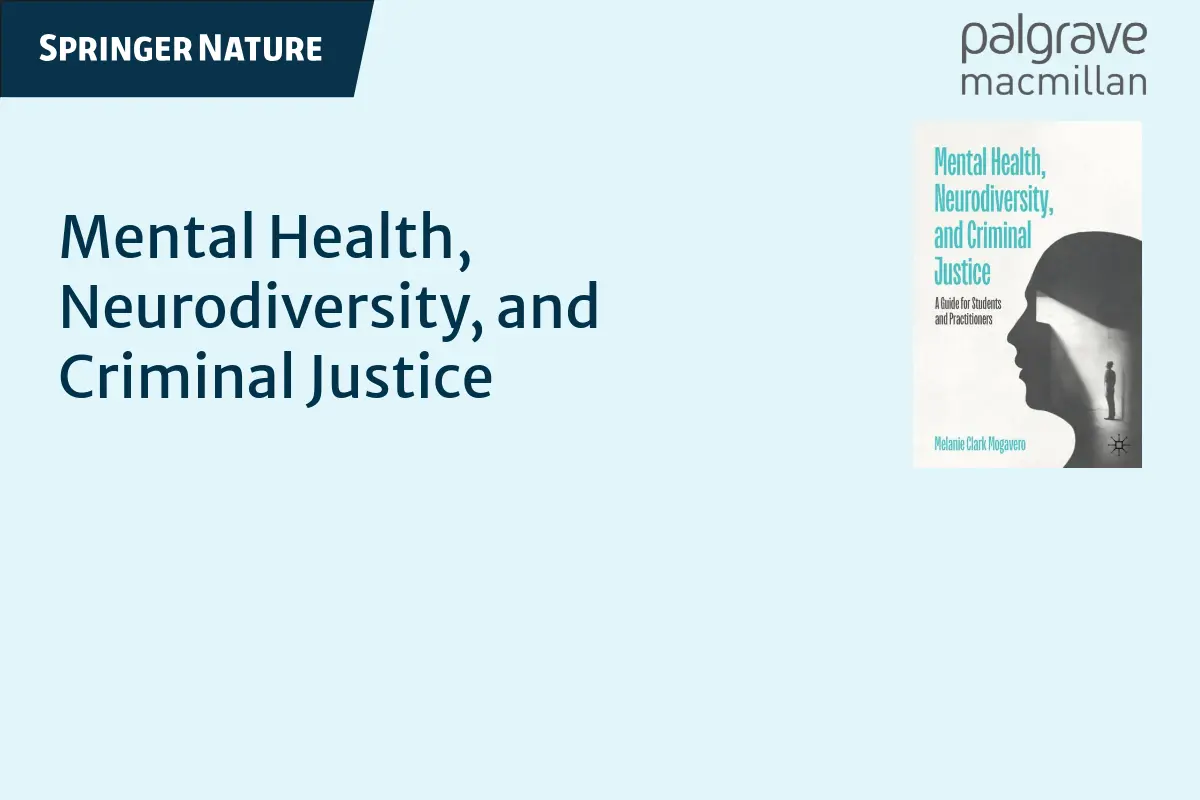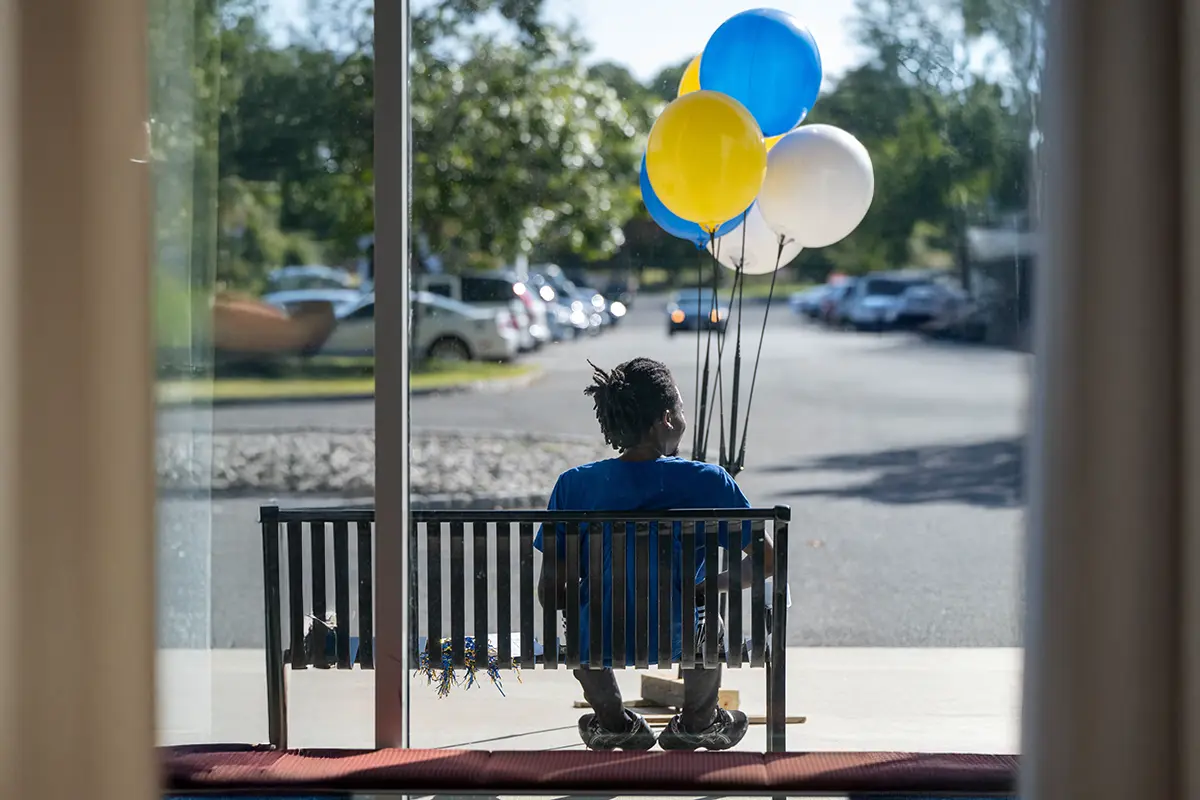Georgian Court University students will not see an increase in undergraduate tuition this fall, as the university continues to take extra measures to assist students and families investing in college.
The undergraduate tuition freeze means new first-year and transfer students—as well as continuing undergraduates—will pay 2019–2020 rates. The decision was made official by university trustees at their April 17 board meeting.
A Message From GCU President Joseph R. Marbach, Ph.D.
“Georgian Court has a longstanding commitment to affordability and accessibility,” said GCU President Joseph R. Marbach, Ph.D. “We are doing everything we can to meet the needs of students, including holding tuition and continuing with generous financial aid.”
The tuition freeze is designed, in part, to address the needs of the New Jersey community, as more than 90 percent of GCU’s students live in the state.
In Fall 2019, GCU’s listed tuition was $32,050 and 99 percent of all full-time students received some form of financial aid. The average annual overall cost to undergrads, however, is about $22,000, according to the federal College Scorecard.
“Doing the Right Thing”
“The tuition freeze really is about doing the right thing, especially in light of the COVID-19 pandemic,” said GCU Board of Trustees Chair Robert Mulcahy. “Forty percent of our students are first in their families to attend college, and 43 percent come from lower-income families. As a values-driven, Catholic university, we want to do all that we can to help students realize their dream of earning that first degree.”
Georgian Court, established by the Sisters of Mercy more than a century ago, awarded more than $19.6 million in scholarships, grants, and other aid in 2018–2019. That figure includes nearly $1 million in scholarships made available to students by generous alumni, individual donors, and foundation gifts.
“There are many uncertainties and difficulties ahead,” said Chris Krzak, GCU vice president for enrollment management and retention. “It’s important that students and their families know that they can count on the university to be there for them, academically and financially.”









